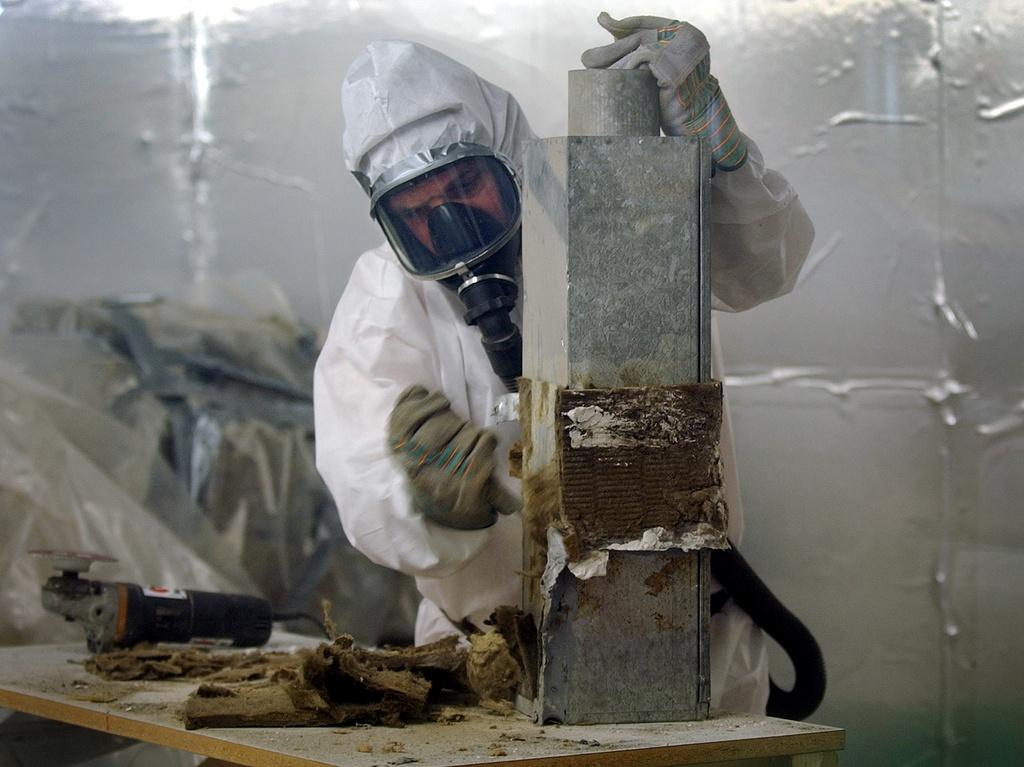
Swiss happy with chemical controls in Geneva

Despite a lack of progress to limit products such as asbestos and the herbicide paraquat, Switzerland is largely pleased with the results of a summit on chemicals and hazardous waste held in Geneva.
“We obtained much more than we expected,” Franz Perrez, the head of international affairs at the Federal Environment Office, told the Swiss News Agency on Friday.
Some 1,600 officials from 180 states party to the Basel, Rotterdam and Stockholm conventions met in Geneva over the past two weeks to consider new limits and guidelines for chemicals and wastes to improve human health and the environment.
Under the UN Stockholm Convention on persistent organic pollutants, states agreed to eliminate decabromdiphenyl ether, a flame retardant used in electrical and electronic devices. Use of the chemical hexachlorobutadiene (HCBD) should also be reduced before being eventually eliminated.
Under the Basel Convention on the control of transboundary movements of hazardous wastes and their disposal, rules for the elimination of old computers and accessories and a partnership governing urban waste were also concluded in Geneva.
Negotiations were less successful regarding restrictions over chemicals listed in the Rotterdam Convention. In the future carbofuran, trichlorfon, chloride paraffins and tributyltin will require prior approval to be imported from the importing country. Progress was also made regarding the chemicals carbosulfan and fenthion.
But organisations such as the Industrial Global Union criticised the failure of chrysotile asbestos to be listed as a hazardous substance by the Convention for the sixth time. There was no agreement on tighter regulation of the herbicide paraquat either.
“We knew that this would be the case,” said Perrez. “NGOs expectations were justified but too high.”
The Swiss official added that it was unlikely that the conventions’ voting system would be reformed, as requested by several states.
“Like the UN Security Council, every country concerned must agree,” said Perrez.

In compliance with the JTI standards
More: SWI swissinfo.ch certified by the Journalism Trust Initiative































You can find an overview of ongoing debates with our journalists here . Please join us!
If you want to start a conversation about a topic raised in this article or want to report factual errors, email us at english@swissinfo.ch.